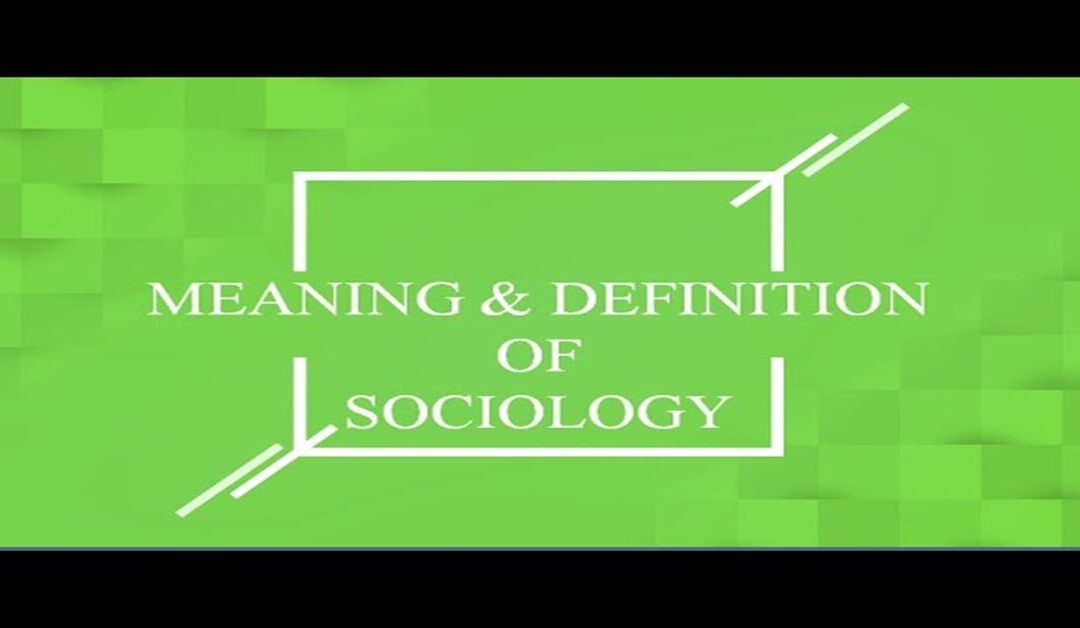Introduction:
Sociology, a term derived from the Latin socius meaning “companion” and the Greek logos meaning “study” or “science,” is the scientific exploration of human society. This field isn’t new but has grown in significance since the industrial revolution in England, when a wave of social challenges demanded new ways of understanding and improving society. This shift towards a scientific approach in analyzing social issues marks the birth of sociology as a formal discipline. French scholar August Comte (1798-1857), known as the Father of Sociology, coined the term “sociology” in his seminal work Positive Philosophy in 1839. He believed that social subjects could be studied as scientifically as physics or chemistry and dedicated himself to finding solutions to societal issues.
The Founding of Sociology as a Science
In 1839, August Comte laid the foundation for sociology, applying systematic and scientific methods to study social conditions and relations. Comte posited that human behavior within society could be observed, analyzed, and understood in a structured way, much like the natural sciences. He envisioned sociology as a tool for both understanding and improving society, and he advocated for the study of social patterns, structures, and progress. This transformative approach of applying science to societal observation has continued to inspire and define sociology as a field.
Definitions of Sociology by Various Scholars
Over time, numerous sociologists have contributed their own perspectives on sociology, each highlighting different facets of society and human interaction. Here are some notable definitions:
August Comte viewed sociology as “the study of social systems and patterns of social progress.”
Max Weber described it as “the scientific study of social behavior.”
Ogburn and Nimkoff defined sociology as “the scientific study of social life.”
Kingsley Davis and L.F. Ward saw it as “the science of practicing society and social events.”
Harry M. Johnson considered sociology “the scientific study of social groups.” These interpretations show that, while the specific focus may vary, all see sociology as fundamentally rooted in understanding human interactions and the structures that shape them.
Key Areas of Study in Sociology
A synthesis of these definitions shows that sociology’s core areas of study encompass:
1. The scientific study of society and human behavior.
2. Analysis of social relations, interactions, and group behaviors.
3. Exploration of social institutions, structures, and their impacts on individuals and communities.
4. Examination of the causes and consequences of social patterns and relationships. Through such investigations, sociology seeks to identify the forces that promote unity and cohesion within societies, as well as the influences that drive individual behaviors within social structures.
Sociology as a Comprehensive Study of Society
In its broadest sense, sociology can be seen as a comprehensive and systematic study of society and human interactions. It encompasses an analysis of everything from social relations and institutions to the effects of individual actions on the broader social fabric. As sociologists study everything from family dynamics and community behaviors to cultural norms and societal structures, the field provides essential insights that help us understand our shared human experiences.
Call Us : +91 8431122691
Mail Us: softonisemag@gmail.com
Visit Once: Opposite Abhishek optical Second cross right side, Ashok Nagara, Shivamogga, Karnataka 577202.


